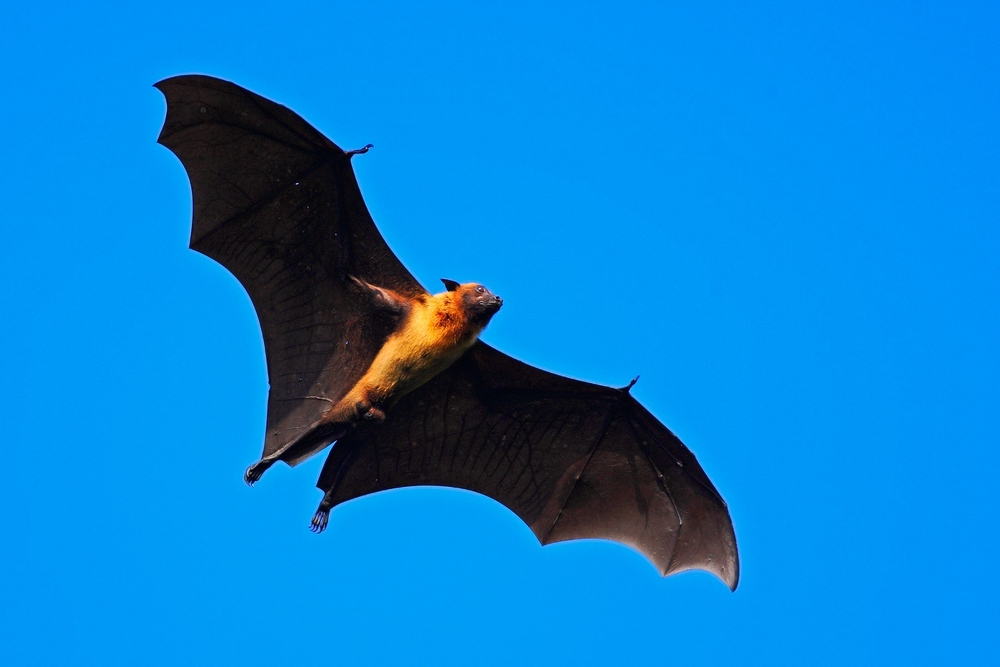
Bat hunters in Nagaland, India, were found to have likely been exposed to filoviruses, according to a study from Duke-NUS Medical School researchers.
Filoviruses are part of a family that includes things like Ebola and Marburg viruses. This case continues to highlight the risks such viruses pose to regions with close human-animal contact, particularly in tropical areas where hunted wildlife supplement diets. These have the potential to spill over into large scale outbreaks as tainted meat infects humans.
In this case, a local clan known as the Bomrr were found to share filovirus with two species of bats they hunt. They shared both the viruses and similar anti-filovirus antibodies carried by one of the bat species, enhancing their likelihood as a source. According to narratives of the Bomrr people, they have held a bat-harvesting festival in mid-October every year for at least seven generations.
“During the harvesting, which usually lasts for two to three days, the Bomrr smoke out entire caves in which the bats roost, and the hunters are often scratched and bitten by bats trying to escape the smoky cave, exposing them to viruses shed by the bats,” Pilot Dovih, the study’s lead author, said.
The study also highlights that spillover does not always mean an outbreak will occur. However, it does make it possible. In this regard, India marks a perfect spot for such studies because, as Professor Uma Ramakrishnan, co-author of the study, also pointed out that biodiversity, high human density, and changes in land use due to human activities make the nation a hotspot.
The team emphasized that this does not mean there should be a reprisal or crackdown on bats.
“Bats are known to be natural reservoirs for several severe viral diseases, such as rabies, Marburg, and Nipah,” Dr. Ian Mendenhall, principal research scientist from Duke-NUS’ Emerging Infectious Diseases Programme and senior author of the study, said. “However, these animals are an essential part of our ecosystem because they are major pest control, pollination, and seed dispersal agents. We want to make sure that our work does not result in demonization of bats and emphasizes protecting their natural habitats.”
Research will continue at other sites in India, as well as utilize viral sequence data to understand the viruses’ evolutionary history and their potential to cause outbreaks.




